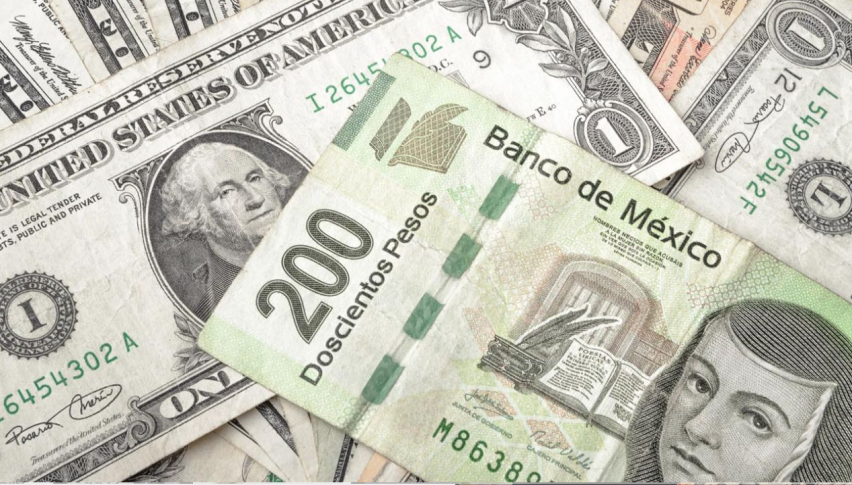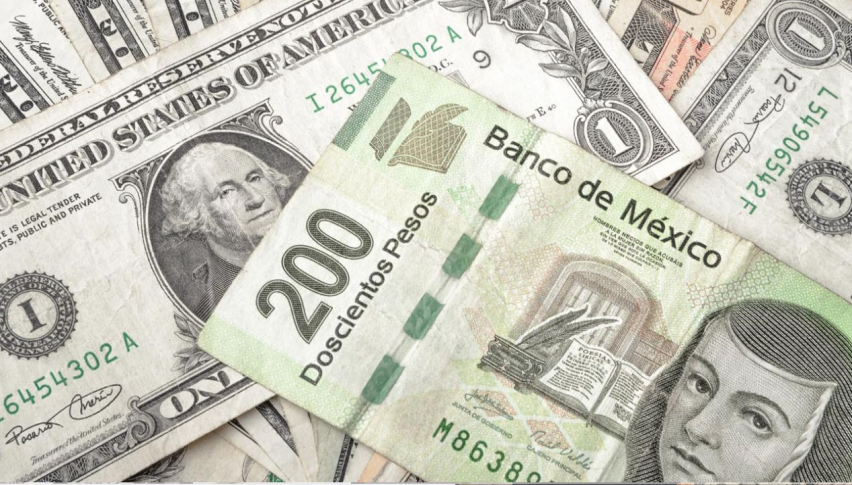Argentinian bonds are crushed amid political tension, and country risk rises for the second consecutive day.
Country risk rises for the second consecutive day, surpassing 1,700 points. Bonds are experiencing widespread declines of up to 2.6%

Foreign currency bonds are experiencing widespread declines of up to 2.6% as a conflict escalates with internal provinces (similar to states).

Argentinian dollar bonds are once again affected by political tensions and are trading lower this Tuesday, February 27th. In this regard, the country risk rises for the second consecutive day, surpassing 1,700 points.
Foreign currency bonds are experiencing widespread declines of up to 2.6%, led by the Global 2038, Bonar 2029 (-1.8%), Global 2029 (-1.5%), and the Bonar 2041. Consequently, the country risk increases by 2.5% to 1,752 basis points, according to J.P. Morgan’s measurement.
The national government withheld 13.5 billion pesos from the province of Chubut, and Governor Ignacio Torres announced that if the Federal Government does not return the money, the province will not send its gas and oil out of the province. Chubut has filed a claim before the Federal Justice for the coparticipation funds amid a strong political dispute. The filing seeks an urgent solution, and in the meantime, Chubut authorities announced they will also approach the Supreme Court of Justice, given its original jurisdiction in cases of one state’s lawsuit against another, as is the present situation.
On Monday, the government described the threat from the oil-rich province of Chubut to cut off gas and oil supplies starting Wednesday as “extortion.”
This occurs in a context where the Ministry of Energy of the Nation announced that the government will propose, through a public hearing next Thursday, to restrict access to energy and gas tariff subsidies to the maximum extent possible. This will be done by implementing new exclusion criteria such as trips abroad, expenses made with credit cards, or medical coverage.
Among those who may no longer access subsidies – and thus will have to pay the full tariff – are households with members who have private health insurance not linked to employment or dependent relationships.
Additionally, individuals who have traveled abroad to non-bordering countries more than once in the last five years, as well as those who have purchased foreign currency in the last three months, will also be ineligible to access subsidies.
- Check out our free forex signals
- Follow the top economic events on FX Leaders economic calendar
- Trade better, discover more Forex Trading Strategies
- Open a FREE Trading Account


